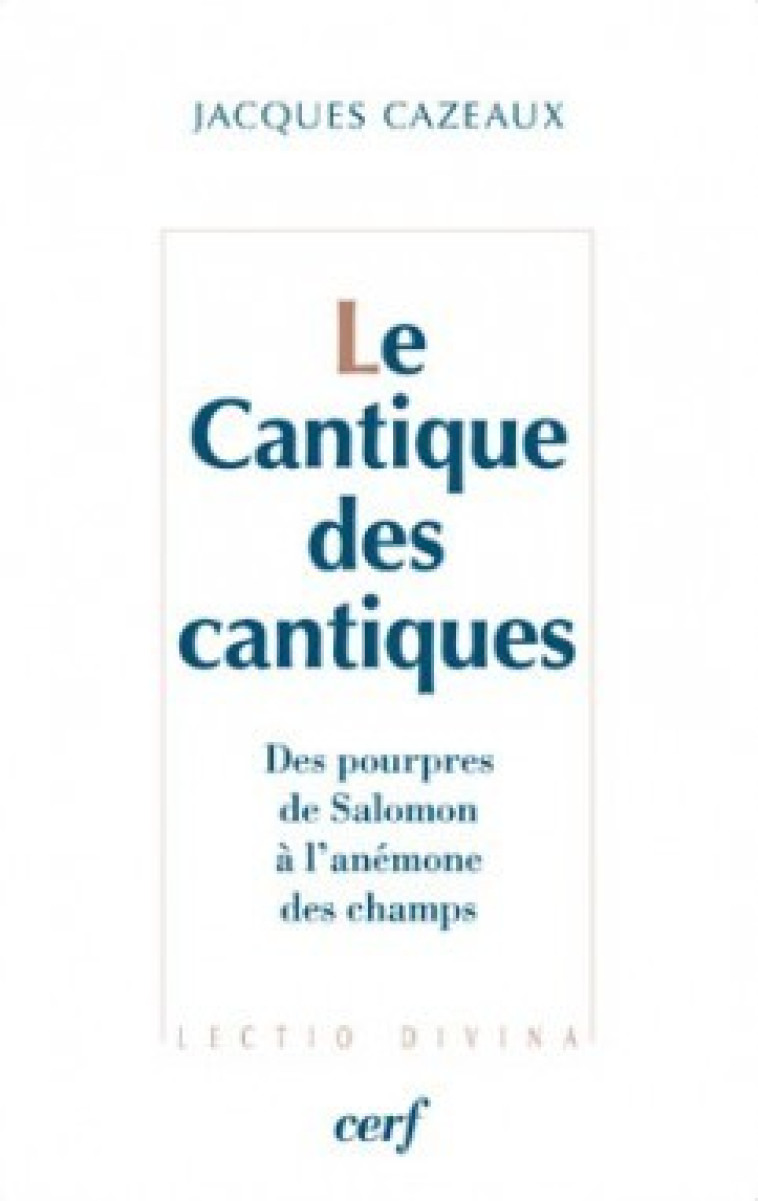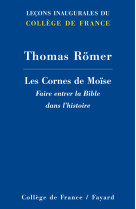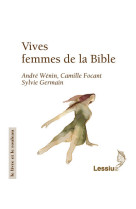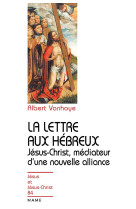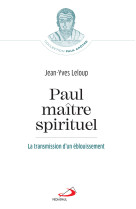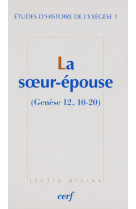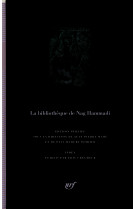Le cantique des cantiques - des pourpres de salomon a l'anemone des champs
Jacques cazeaux
--
Although it aroused suspicion at first, the Song of Songs was finally accepted into Biblical canon. And not only accepted, but praised: it is recited by Jews at Easter, even at each beginning of the Sabbath by certain communities. It owes its meteoric rise to success to an allegorical interpretation which sees in the dialogue between the beloveds a metaphor, of the Alliance between the God of Israel and his People. More recently, the Song of Songs' place in the Bible has been justified directly in the name of human love, and some commentaries proclaim its intense eroticism. But between the traditional allegory and modern eroticism, it is possible to read the Song of Songs as the fruit of a joust between court poets simply by starting with the three final enigmas which oppose artificial power to the simple presence of the lovers. Their poetry is a challenge to literature. Seven sages have offered their variations on the theme. King Solomon, with his thousand wives, attired in artificial splendour, serves as their emblem, their guide which explains the precious nature of the poems. But he is also the target of their criticism. The Songs oppose the choice of immediate, direct love, to the Prince's desire for power. This criticism of power as a way of encouraging strength in the individual is in harmony with the purpose of the whole Bible, whose religious expression uses politics as a conduit.

